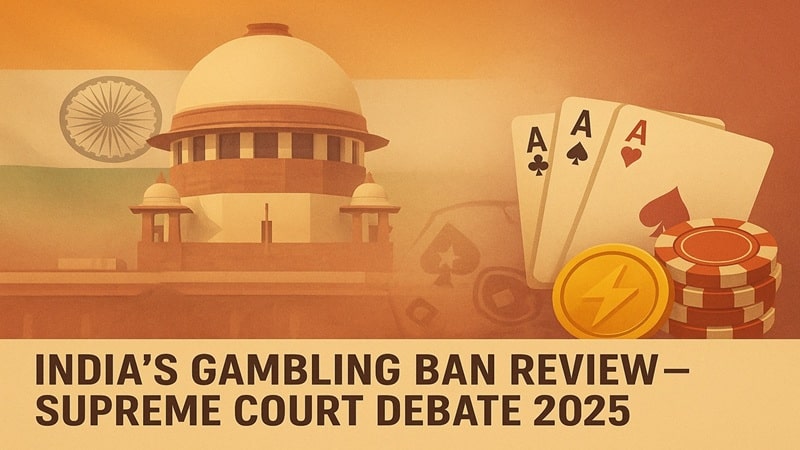
India’s gambling ban may backfire: Experts warn $20.5B industry will move to unregulated offshore sites, leaving players unprotected and tax revenue lost.
Supreme Court PIL could push massive $20.5B industry into unregulated offshore operators’ hands
India’s Supreme Court has begun reviewing a public interest litigation (PIL) that could ban online gambling platforms disguised as social or esports games.
It is a move that gaming industry experts warn will backfire spectacularly, driving the country’s 650 million online gamblers straight into the arms of unregulated offshore operators.
A bench comprising Chief Justice B.R. Gavai and Justice K. Vinod Chandran heard initial submissions on October 17 from advocate Virag Gupta, representing the Centre for Accountability and Systemic Change (CASC.
He has agreed to review the petition seeking to prohibit online gambling and betting games under the new Promotion and Regulation of Online Gaming Act, 2025.
The legislation, which we created a news report that India has offcially banned all online gambling in India including games of skill, has created controversy since its passage.
The PIL names major tech companies including Apple Inc. and Google India Pvt Ltd as respondents, along with four Union ministries.
A $20.5 Billion Market Left Vulnerable and Opens Pandora’s Box
Over 650 million Indians, which is nearly half the country’s population, currently engage in online gambling, generating an annual business worth ₹1.8 lakh crores ($20.5 billion). Betting and gambling are regarded as unlawful activities in the majority of the states in India, according to the filing states. Around half of the Indian population is involved in playing online games which is adversely impacting society, economy and national security. The PIL asks authorities to block unlawful betting sites, halt monetary transactions involving unregistered gaming applications, and investigate offshore gaming companies, estimating over ₹2 lakh crore in unpaid taxes. However, experienced iGaming journalists are sounding the alarm about what they see as a catastrophic policy mistake that will achieve the opposite of its stated goals.
“This is incredibly irresponsible governance,” said one veteran iGaming journalist who has covered Asian markets for over a decade. “By refusing to regulate online gambling properly, India is essentially handing a $20.5 billion market to black market operators on a silver platter.”
The Black Market Gold Rush
With widespread VPN usage and the proliferation of cryptocurrency-based gambling sites, Indian players can easily access offshore platforms that offer no player protections, no responsible gambling measures, and no tax revenue for India. The unintended consequences are stark, and the old school government just don’t see it. Instead of tax revenue flowing to Indian companies and the government, money will hemorrhage to overseas operators. Instead of robust responsible gambling frameworks protecting vulnerable players, there will be no safeguards whatsoever. Acording to a report in Outlook India, CASC, represented by former Uttar Pradesh DGP Vikram Singh, has described the situation as a ‘national crisis‘ leading to financial ruin, mental health issues, and suicides.
“Overseas operators can’t wait to exploit this huge mistake,” the journalist continued. “What India is doing is the exact opposite of harm prevention. A regulated market allows for player protection, self-exclusion programs, deposit limits, and treatment referrals. An unregulated black market offers none of that.”
What Comes Next According Our Opinion?
Many developed gambling markets have demonstrated that comprehensive regulation, not prohibition, is the most effective way to minimize harm. Regulated frameworks include mandatory responsible gambling tools, self-exclusion programs, tax revenue for treatment programs, and consumer protections, none of which exist in black market operations. The IT Minister talked about preventing ‘serious evil that is creeping into society,’ but this approach will unleash something far worse. You can’t prevent people from gambling by banning it, you can only choose whether they do it in a regulated, safe environment or in an unregulated black market.
As a result, India’s online gambling scene is about to grow bigger than ever in our opinion, but not within the country. The only question is whether that growth happens in the light, where the government can regulate it and protect players, or in the darkness, where nobody can. We feel it will be in the darkness of the black market online caisno industry. Also, with VPNs requiring just a few clicks and crypto gambling sites proliferating, the answer may already be taking shape, one that India’s policymakers may come to regret.
The Supreme Court’s review continues, with the gaming industry, public health advocates, and millions of Indian gamblers watching closely. Let’s hope eventually it comes to right decision before it’s too late.


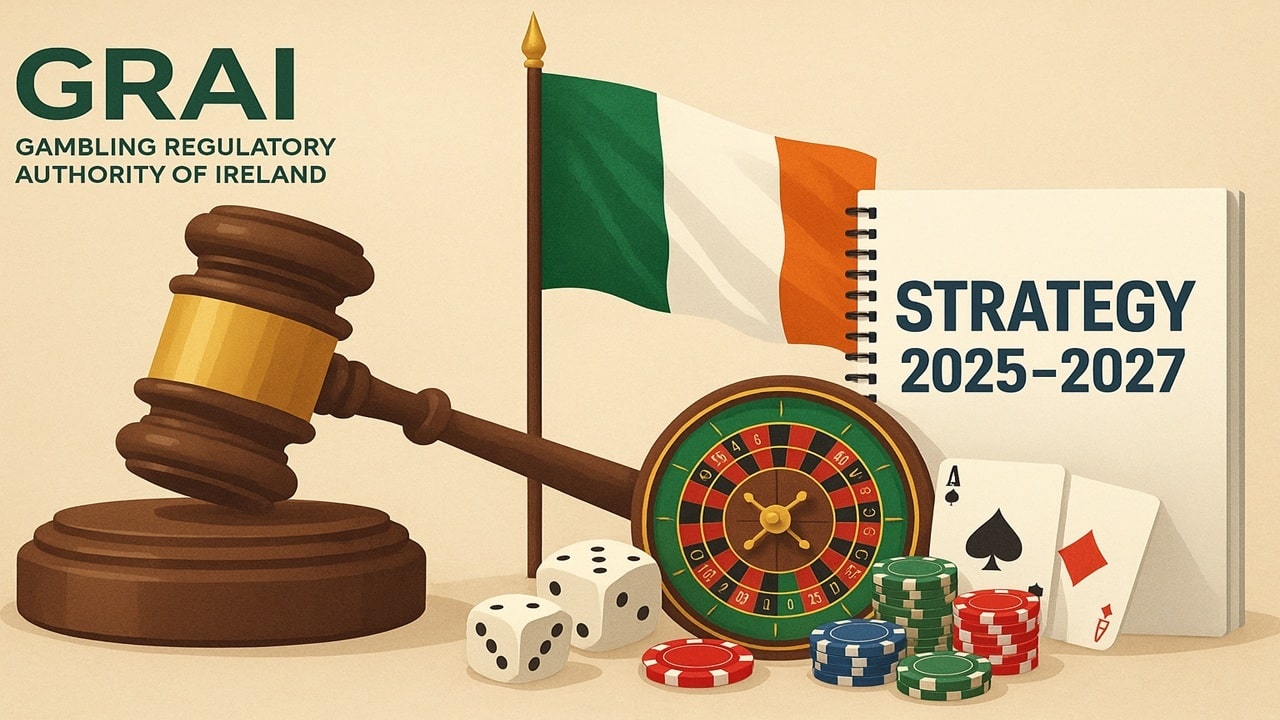
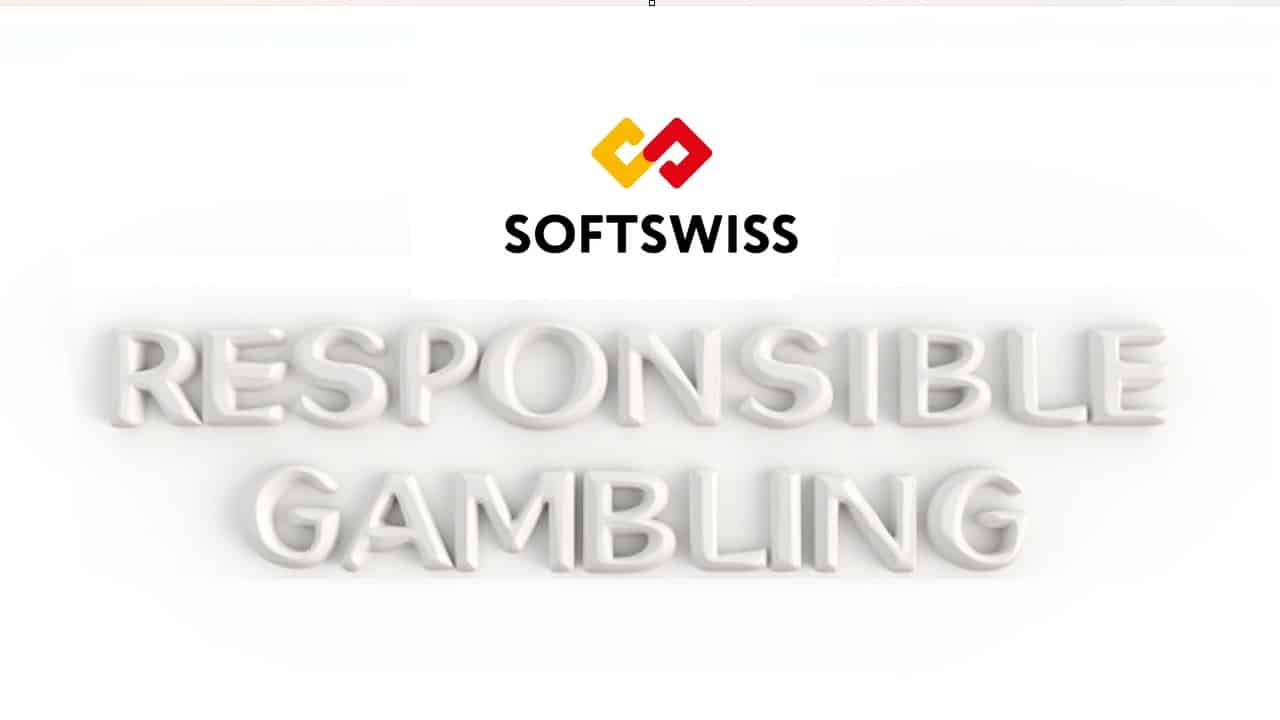
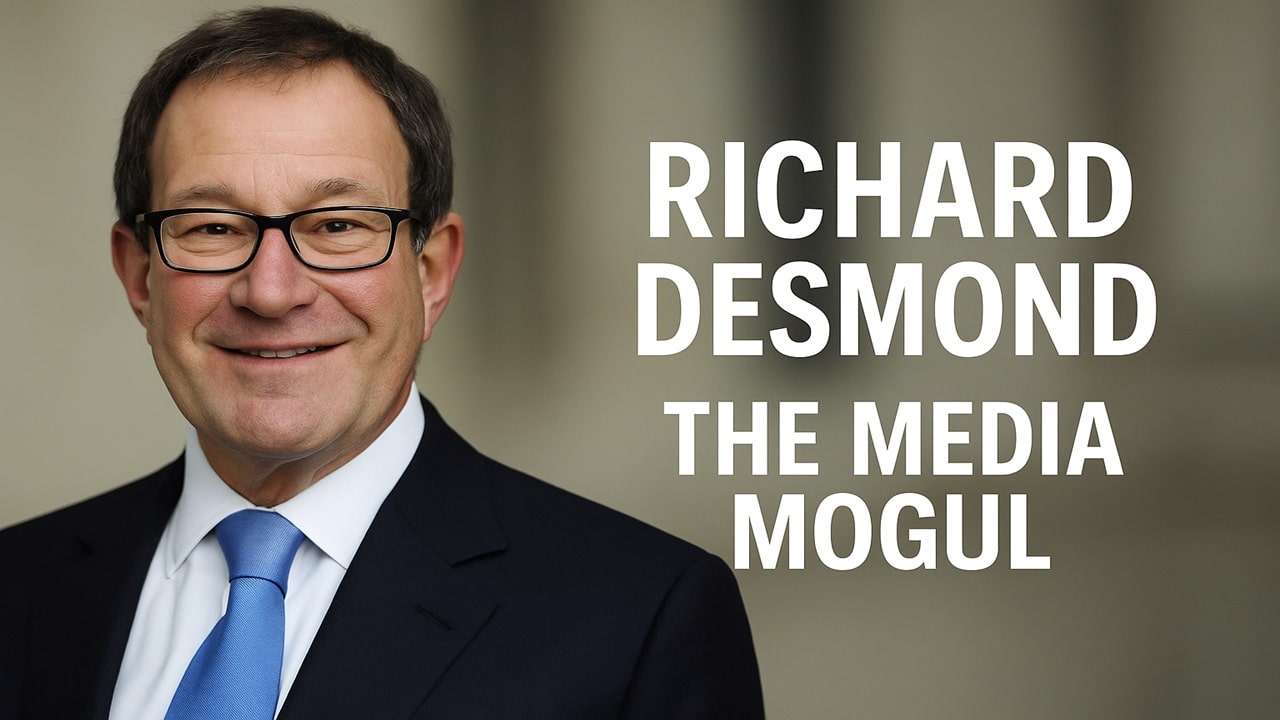


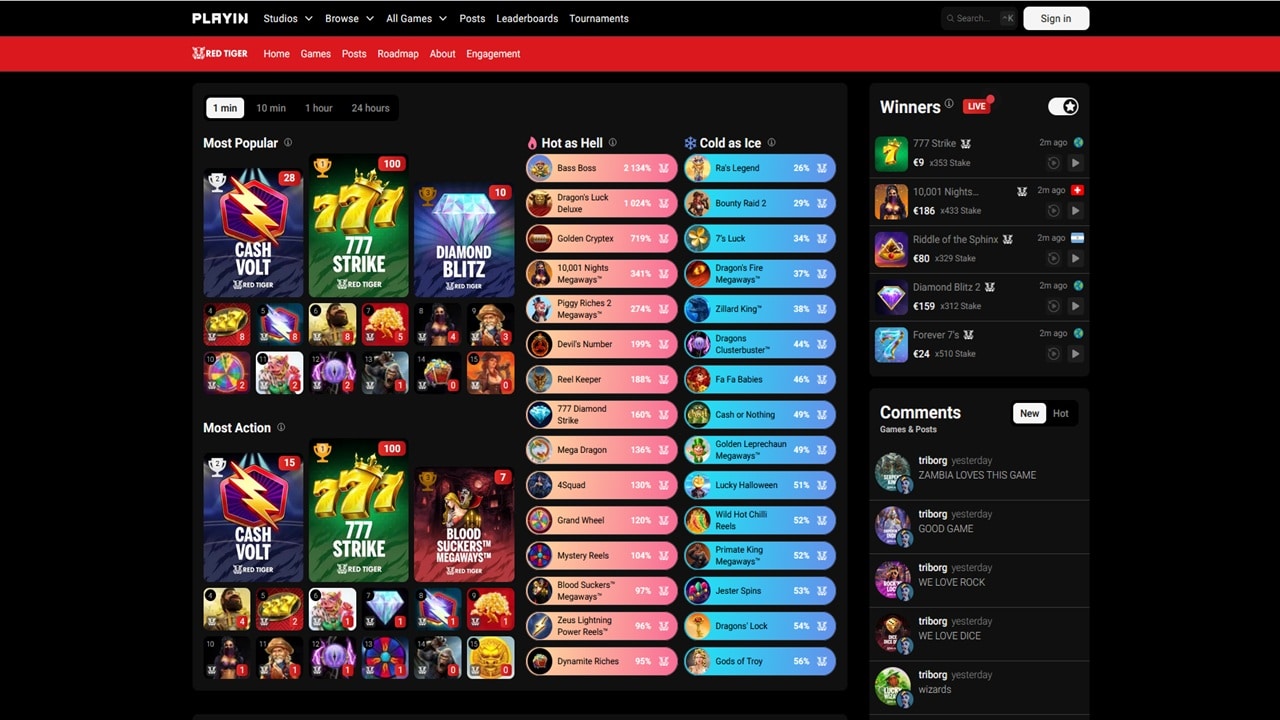
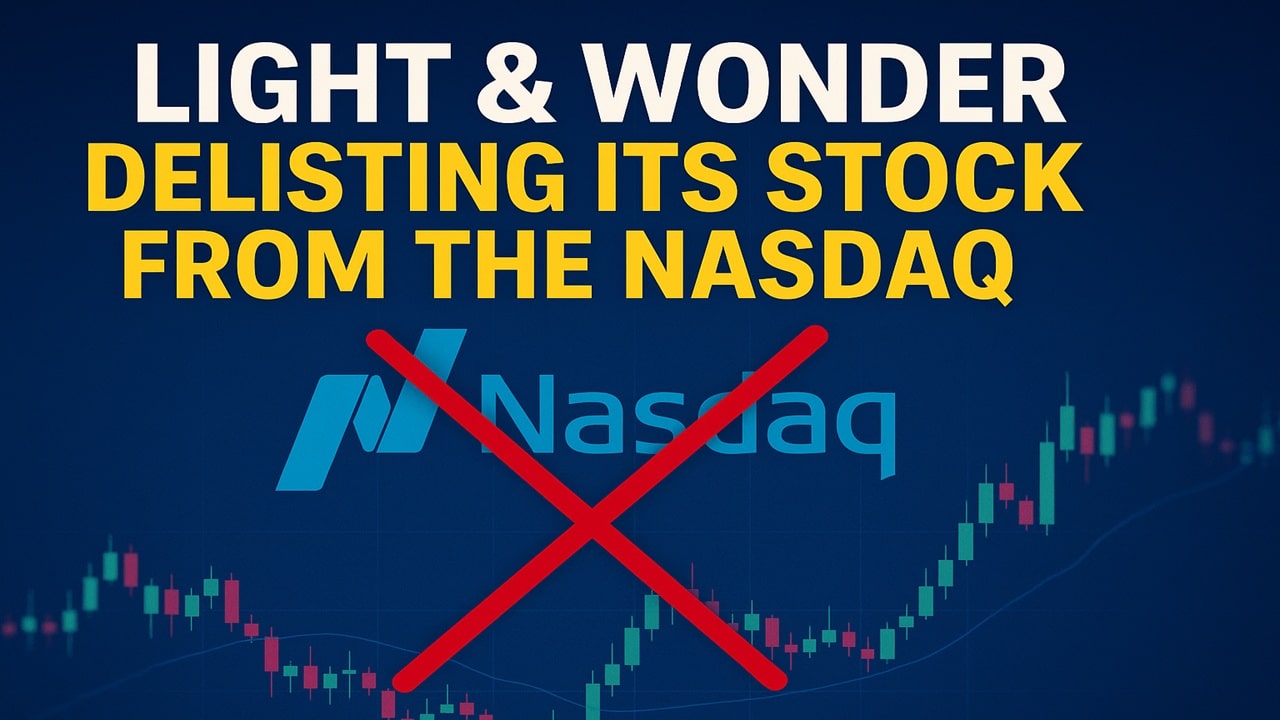




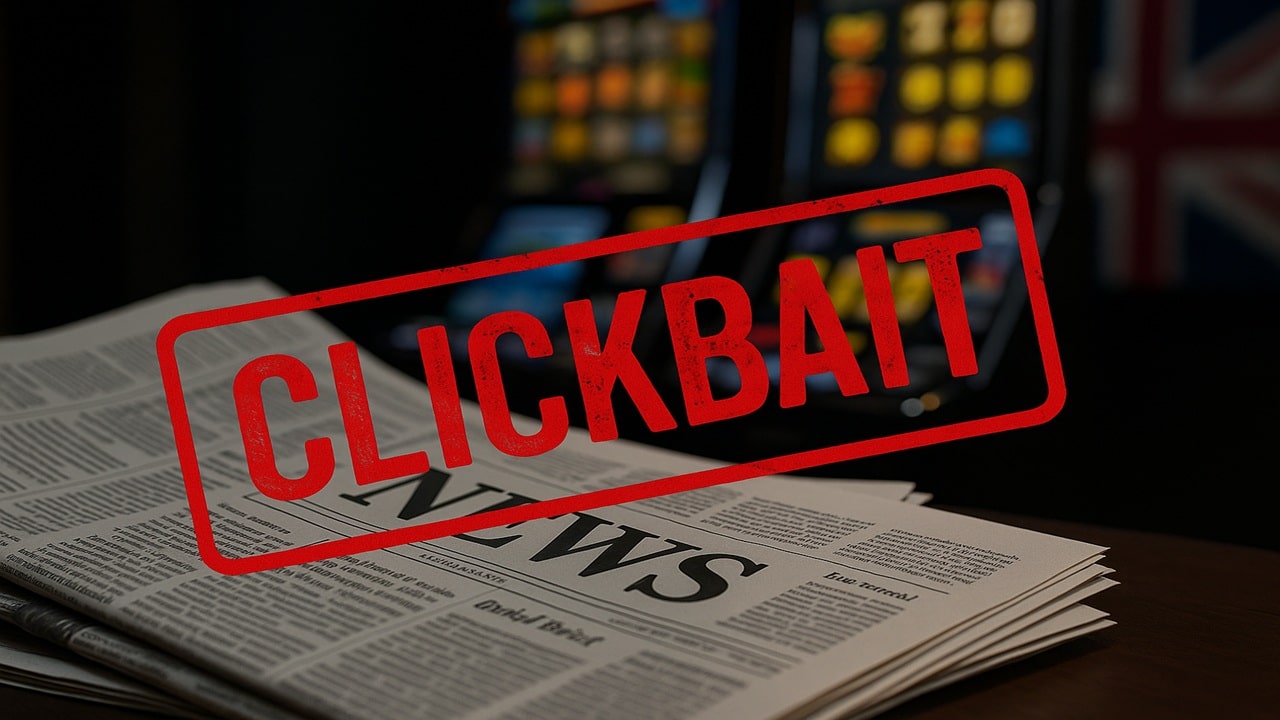













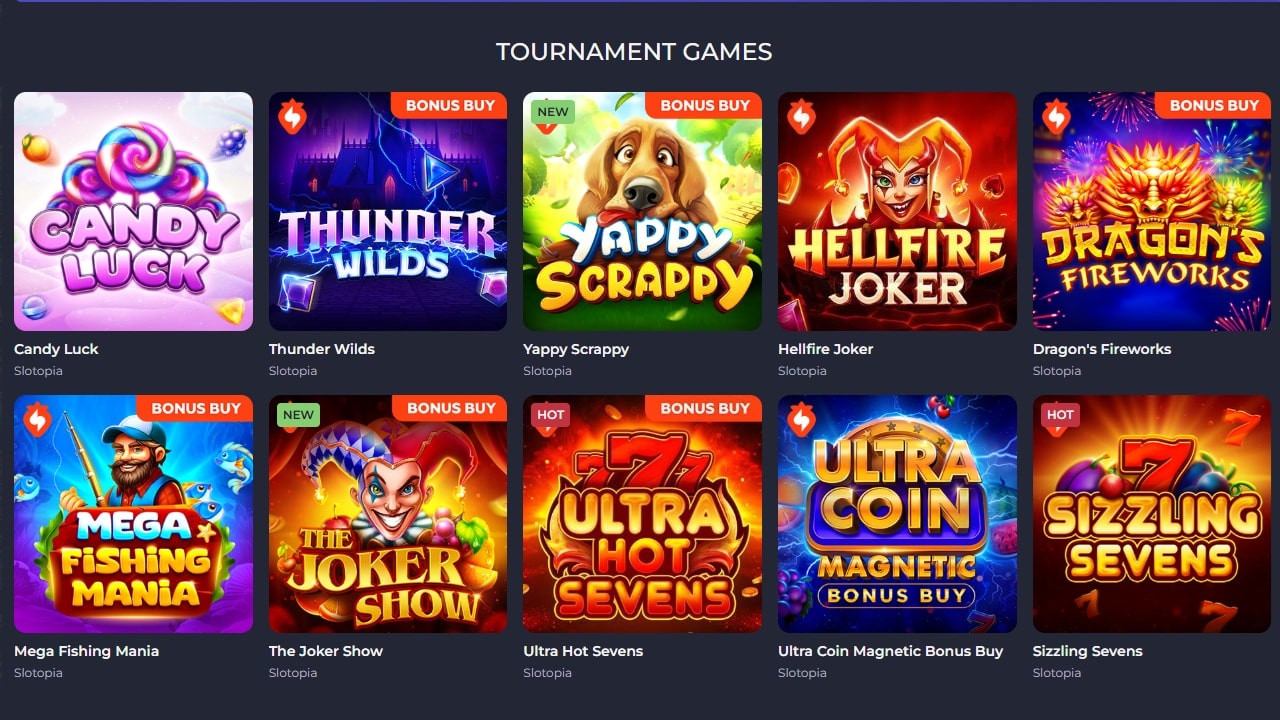
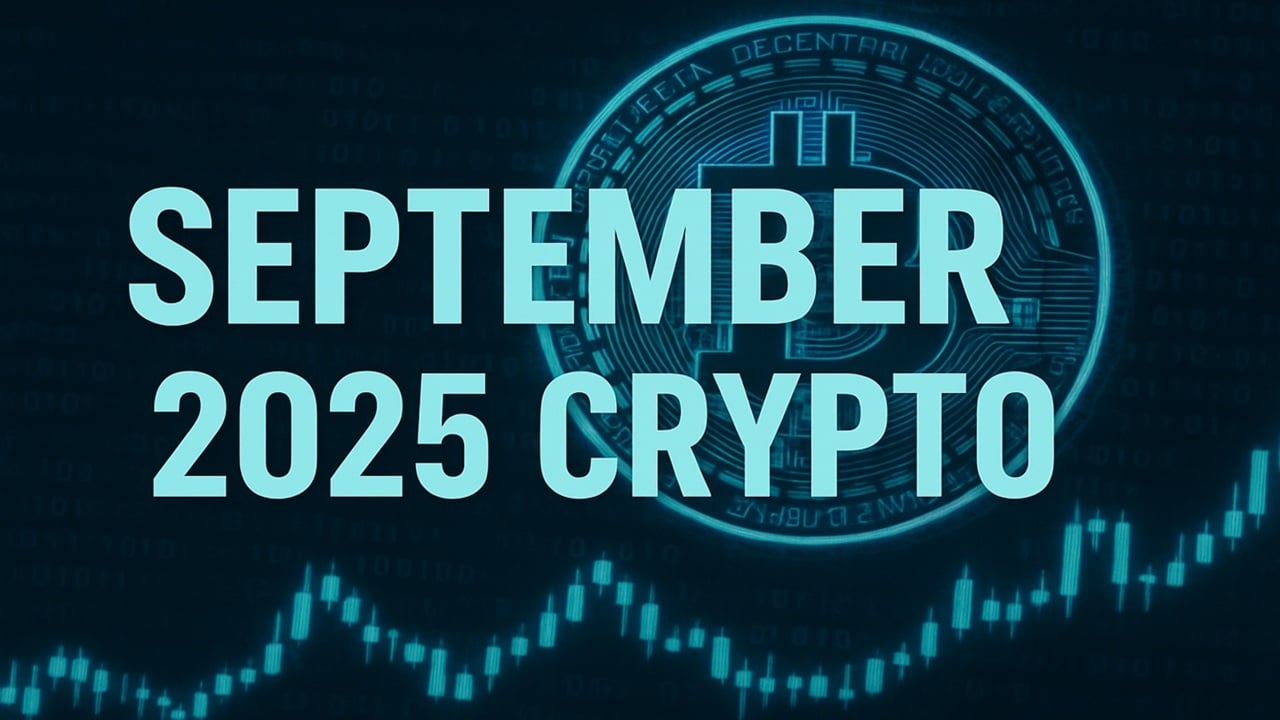

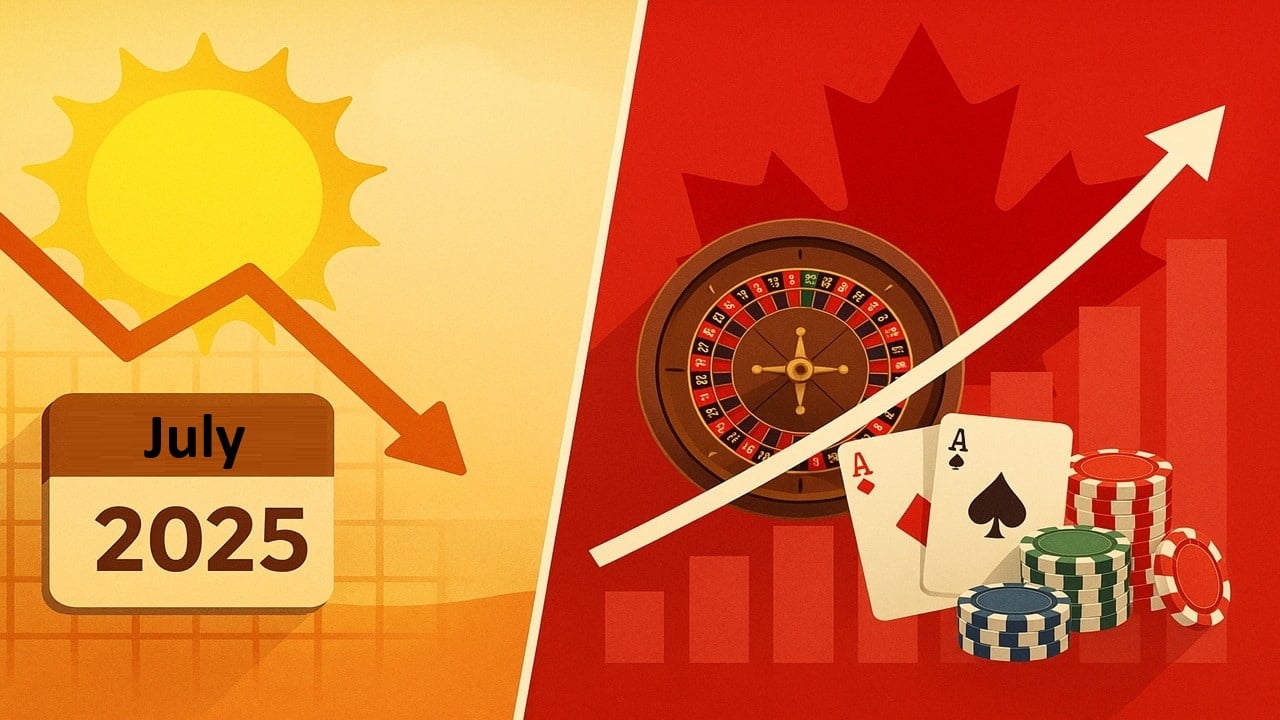
Leave A Comment